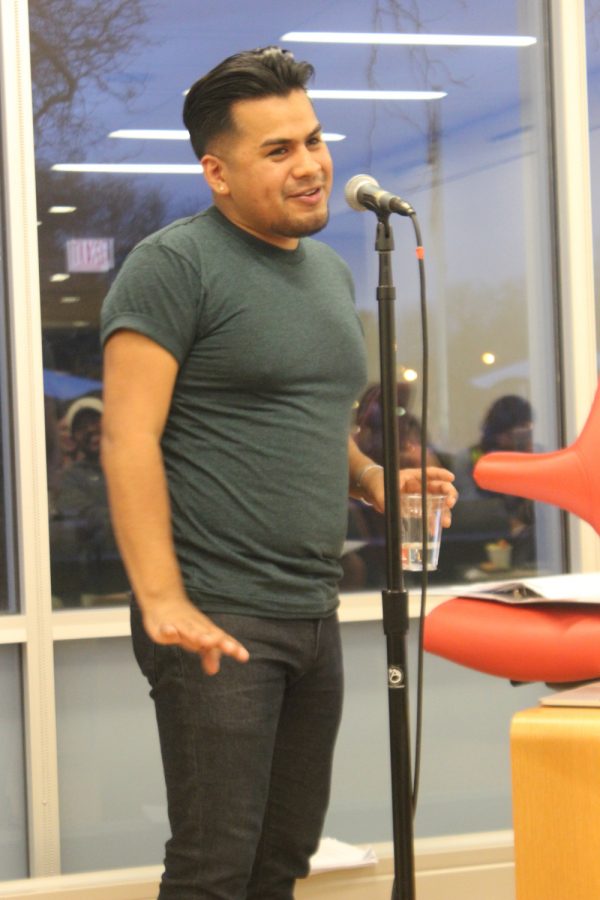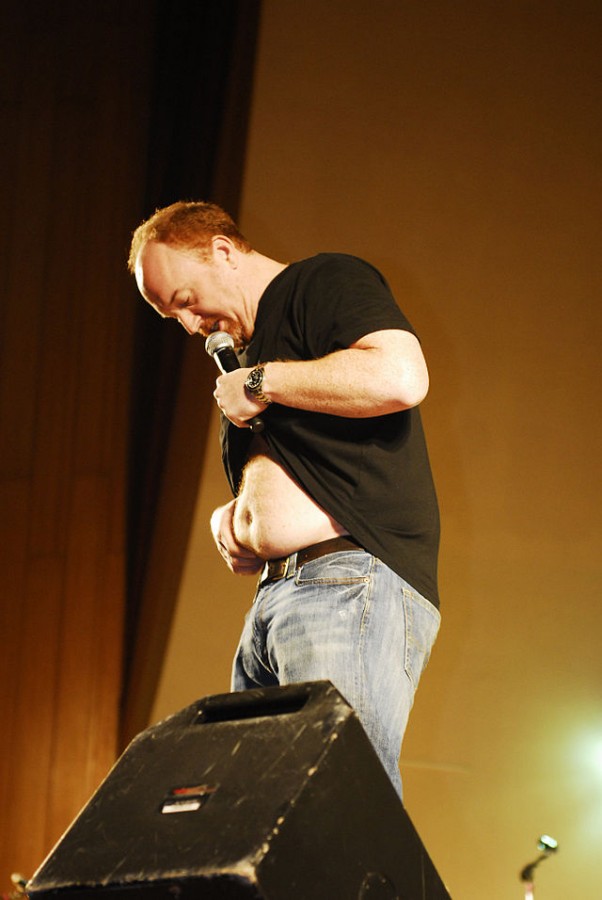By Matt Hansen – Contributing Writer
Photo by Matt Hansen
Photo by Matt Hansen
On what was supposed to be a coronation of golf talent and patriotism on a pleasant Sunday afternoon, Team USA crumbled under the pressure and lost the Ryder Cup to Europe, 14 ½ – 13 ½.
It was supposed to be easy, they said, since Team USA carried a 10-6 lead into Sunday over a European team that looked defeated and punch-drunk. Even the European fans appeared to have accepted the inevitable, walking around modestly that morning as if the roars and chants of Friday and Saturday had bled them of all hope. International sports events have an uneasiness to them that is difficult to describe, and the European fans were facing the reality of having spent a lot of time, money, and energy, only to get run back to Europe by the boisterous American fans.
Every two years, the best golfers from the United States face off against the best golfers from Europe in a team competition. The Ryder Cup isn’t the ordinary professional golf event that you may equate with the mundane traditions of a sport where everyone is polite and wears collared shirts. The crowds are loud, the emotions are intense, and the true nature of the competitors gets more exposure than it does during the average weekend on the PGA Tour.
Golf is not a team sport at the professional level. Players are not accountable to one another, and when a golfer experiences failure he is generally the only person affected by it. The Ryder Cup is different, though. A pro golfer will say that it is absolutely the hardest thing to do in their sport, the pressure to perform when others are relying on you can be foreign to a golfer.
The 39th Ryder Cup, held at Medinah Country Club, just outside of Chicago, was as loud and nationalistic as one would expect in such a culturally diverse corner of the country. Fans of both sides had been looking forward to the opportunity to remove the shackles and root for their team, but more importantly, and much more rare in golf, to root against the others.
For the first two days of competition, Team USA was red hot. Tiger Woods and his greatness were missing in action, but other golfers like Phil Mickelson and Bubba Watson worked the crowd into a frenzy with a combination of skillful shots and patriotic crowd gestures that one is used to seeing from professional wrestling.
As Friday and Saturday turned into Sunday, the crowds were getting larger and the cheers were getting louder. The Europeans were sulking and coming to terms with a long flight home. The roars throughout the course could be heard as the United States started to take the last few steps towards two years worth of bragging rights. The event was oversold and at absolute capacity, even for a spread out venue like a golf course. Trying to navigate around Medinah Country Club for a decent view of the action turned into the business casual version of Lollapalooza.
But something went wrong. The roars slowly morphed into groans, and the once quiet Europeans were getting louder. As Sunday afternoon inched forward, the Europeans climbed back into contention. A European player would make a great shot, or an American player would screw something up, and the roars or groans coming from the distance were the only tell what was happening. To an American fan that could only watch one match at a time, everything seemed to fall apart very slowly, and then all at once. The Americans lost, and the walk of shame to the parking lot was littered with the chants of Brits and Spaniards and drunken Irishmen who would now have a much more comfortable flight back across the Atlantic.






